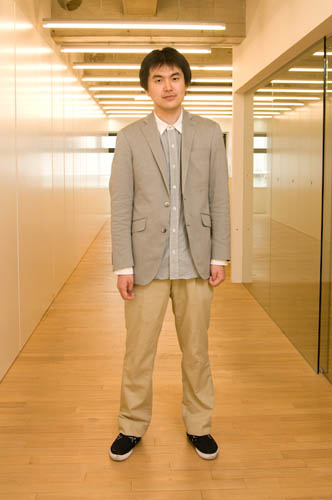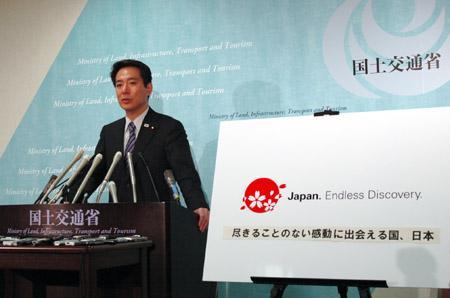Here is an interesting song from singer Kana Uemura called “The Toilet God.”
The video (hosted by her record company) is apparently popular, currently checking in with just under a million views. Her album Pieces of Me has hit #10 on the Oricon charts but has since slipped to 17th place. I think part of the buzz comes from the juxtaposition of the silly sounding title and the somber content.
The song tell the story of the singer’s bittersweet relationship with her grandmother and runs about 10 minutes long. The title comes from the grandmother’s original way to get her to clean the toilets. Basically, there’s a goddess in the toilet who will make you grow up to be a beautiful woman only if you make the toilet spotless.
The story, based on Uemura’s real-life experiences growing up and then leaving Kawanishi, Hyogo Prefecture (incidentally, where I spent a year as an exchange student) is nothing short of heart-breaking: the girl moves in with her grandmother and the two get along until she reaches her rebellious teenage years. They fight and eventually she leaves the house for Tokyo. Two years later, the grandmother falls ill. The singer visits but is soon turned away. The grandmother dies the next day, leaving the singer with no chance to make amends for all the trouble she caused.
This song has a lot of elements that often help spell pop success:
– An attractive singer-songwriter with a guitar
– Tear-jerking lyrics
– Shout-outs to local dialects (she sings in Kansai-ben)
And to that she has added a twist, the off-color song title.
It’s tempting to call this the pop song equivalent of a keitai novel, but I liked it because it while it is heavy on the pathos, it still rings true because the story is so common and familiar. This song doesn’t offer a voyeuristic look at a dysfunctional family so much as a raw reminder of our own private dysfunctions.
See below for my quick and dirty translation of the lyrics:
Continue reading The toilet god


